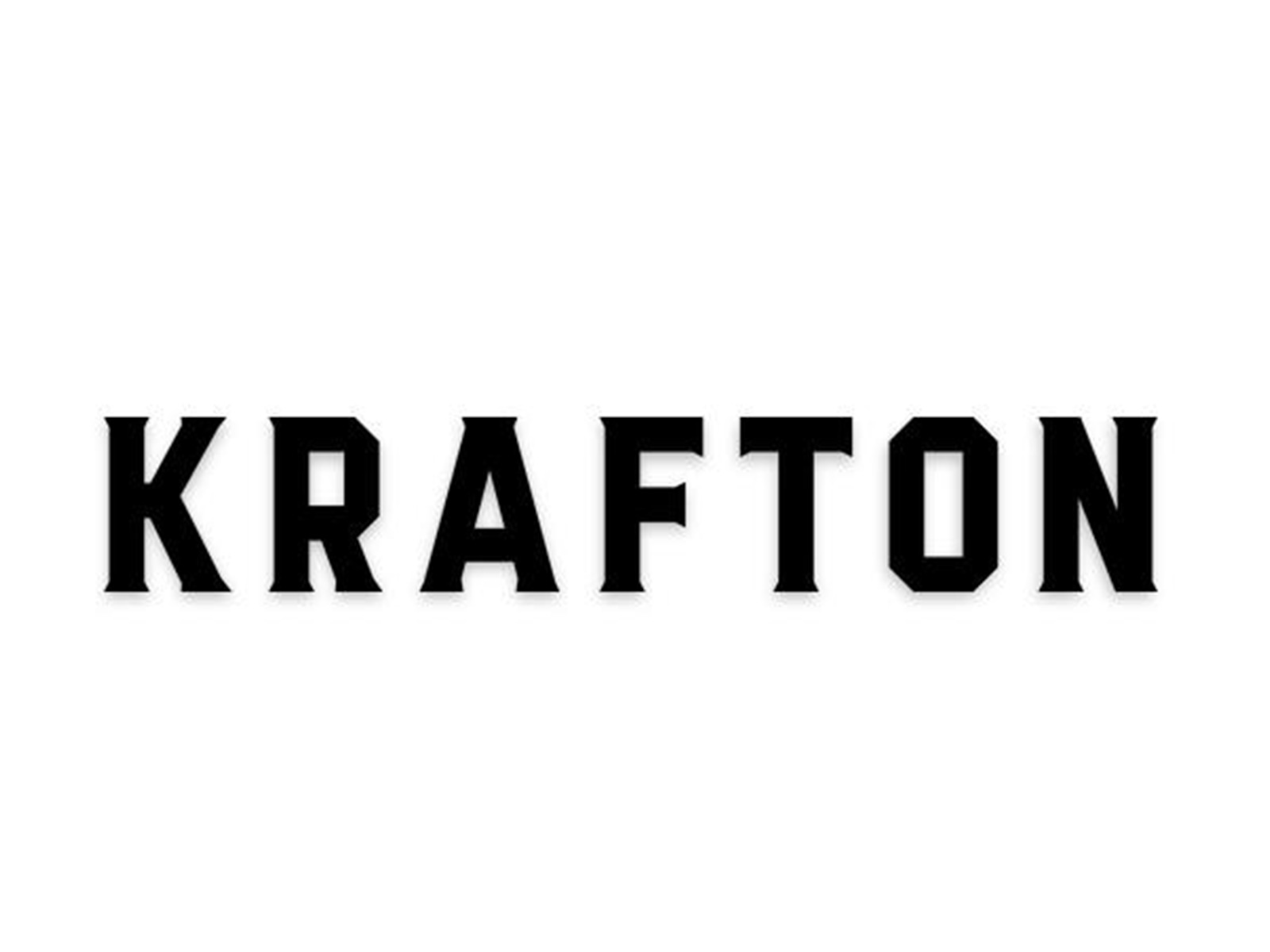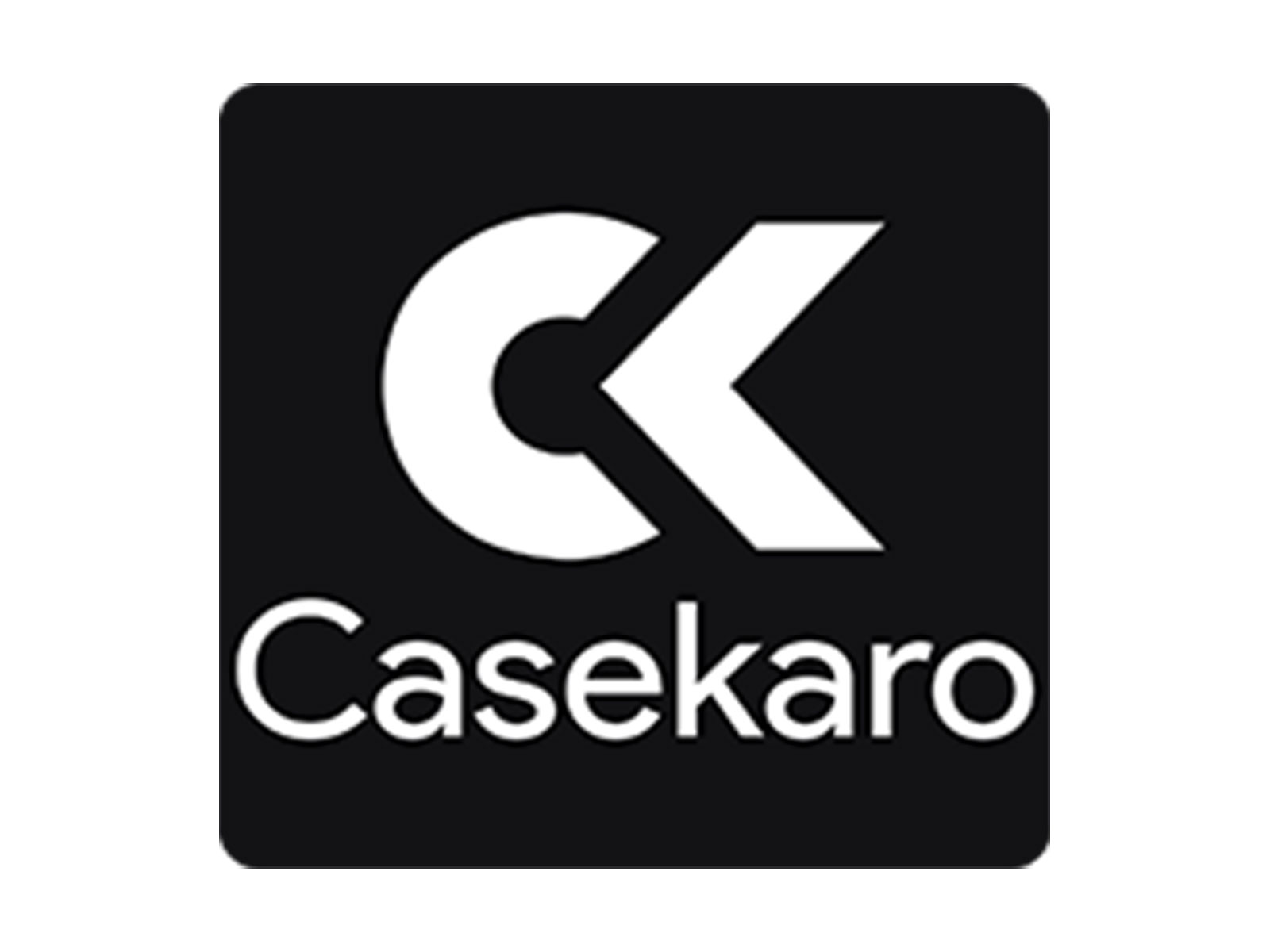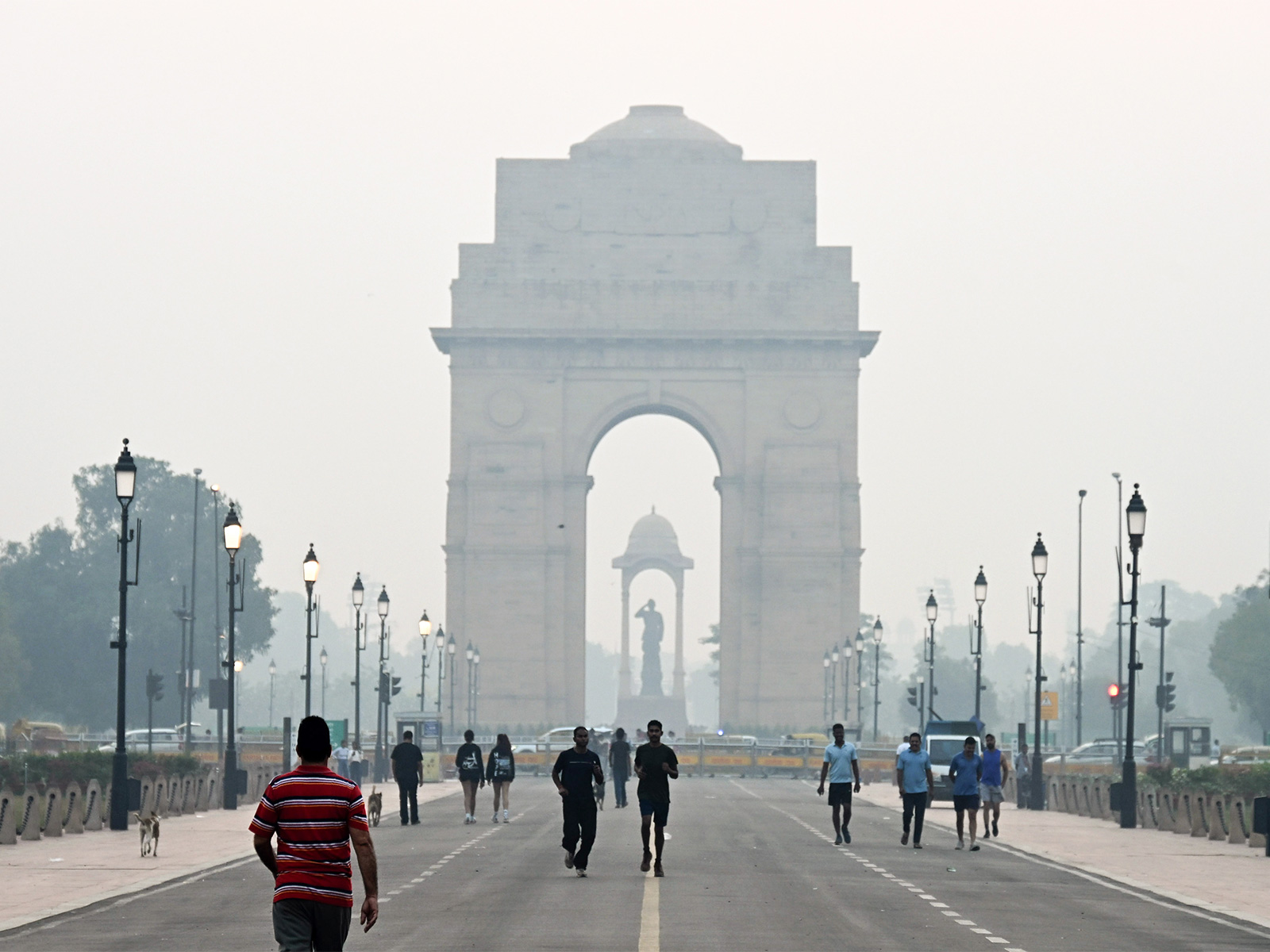JLL's latest Global Real Estate Transparency Index shows significant improvement in India
Jul 07, 2020

Mumbai (Maharashtra) [India], July 7 : India's real estate industry has registered one of the largest improvements globally and regionally in JLL and LaSalle's biennial Global Real Estate Transparency Index (GRETI) released on Tuesday.
The country ranks 34th globally on the index with higher levels of transparency observed in India due to regulatory reforms, enhanced market data and sustainability initiatives.
The improvement is led by the progress in the country's REIT framework attracting greater interest from institutional investors. India has also edged into the top 20 for Sustainability Transparency through the active role of organisations like the Indian Green Building Council and Green Rating for Integrated Habitat Assessment.
The 2020 Index is launched at a time of massive economic and societal disruption where the need for transparent processes, accurate and timely data and high ethical standards are in closer focus.
The backdrop of COVID-19 is also ensuring that transparency within Asia Pacific's real estate legal and regulatory systems is more important than ever to global investors as they look to deploy about 40 billion dollars in dry powder capital into the region.
"India has seen a steady improvement in the Global Transparency Index over the years. In fact, along with Indonesia, Philippines and Vietnam, we are among the handful of countries that have seen the highest improvement owing to positive governmental support and an enhanced ecosystem of transparency," said Ramesh Nair, CEO and Country Head (India) JLL.
In particular, the national REIT framework has been a major contributor to transparency in India, and with ongoing progress and governance, will continue to attract more interest from institutional investors.
"I see these as extremely positive signs of how much we have covered in the real estate sector and a strong base in which to build on transparency gains," said Nair.
According to JLL, pressure exists from investors, businesses and consumers to further improve real estate transparency to compete with other asset classes and meet heightened expectations about the industry's role in providing a sustainable and resilient built environment in the age of COVID-19.
Furthermore, innovative new property technology (proptech) is changing how real estate data is gathered and analysed and influencing industry transparency at a regulatory level.
"While investment into commercial real estate has inevitably paused during the pandemic, the overarching trend toward rising allocations to this asset class will continue," said Samantak Das, Chief Economist and Head of Research & REIS at JLL India.
"As investors look to allocate more capital into Asia Pacific real estate, transparency becomes fundamentally more important as will the enforcement of robust regulatory frameworks," he said.
JLL and LaSalle have been tracking real estate transparency and championing higher standards since 1999. This 11th edition of GRETI covers 99 countries and territories, and 163 city regions.
The latest survey has been extended to quantify 210 separate elements of transparency with additional coverage on sustainability and resilience, health and wellness, proptech and alternatives sectors.


















